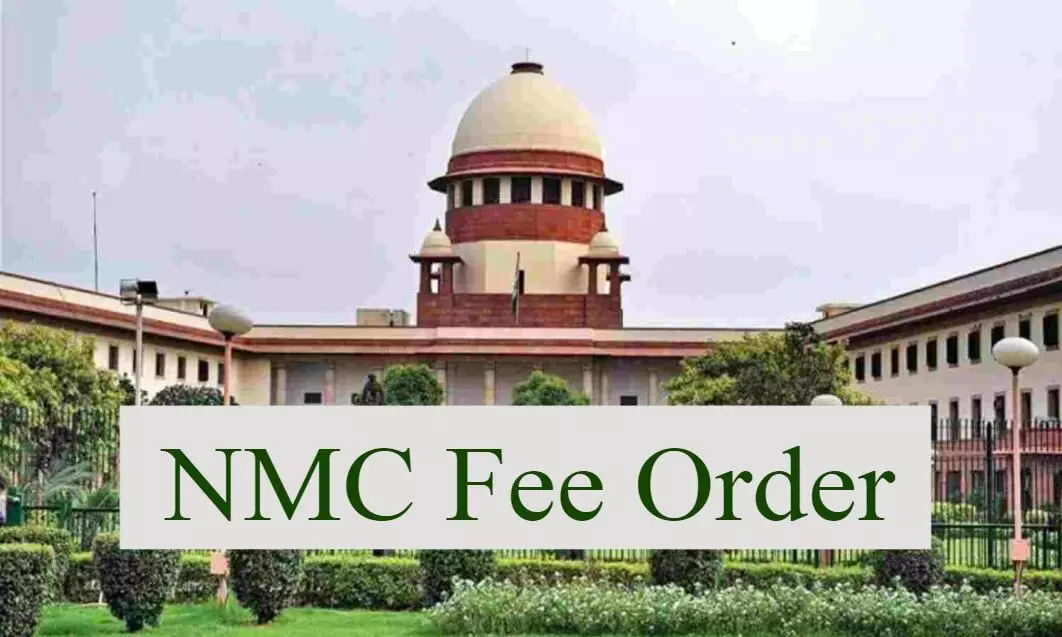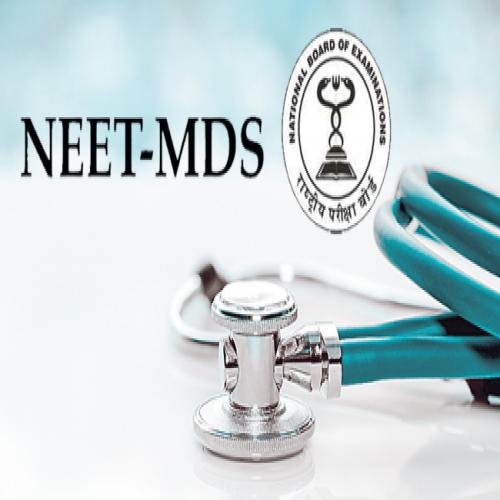In a recent development, the Supreme Court has taken the responsibility to handle the petitions challenging the National Medical Commission’s (NMC) mandate for government fee in 50% of private medical seats. The decision to transfer these petitions from various High Courts to the Supreme Court comes as a significant step towards ensuring a unified approach and clarity in medical education policies.
The apex court has recently issued a notice in the transfer petition filed by the National Medical Commission (NMC) in relation to the pleas challenging NMC’s office memorandum that suggested that the fees of 50% of seats in private medical colleges should be at par with the fee in the government medical colleges in the respective states and union territories.
The National Medical Commission, which replaced the Medical Council of India (MCI), has been entrusted with the responsibility of regulating medical education and profession in India. One of the contentious issues raised by these petitions is the NMC’s directive to private medical colleges to reserve 50% of their seats for government quota, with a corresponding reduction in the fee charged for these seats.
The transfer of these petitions to the Supreme Court is a welcome move as it will provide a consolidated platform for all stakeholders involved in medical education to present their arguments and concerns. It will also help in avoiding conflicting judgments from different High Courts and ensure a uniform interpretation of the law.
Read More : National Medical Commission
The issue of government fee in private medical seats has been a matter of debate and controversy for quite some time. While proponents argue that it promotes inclusivity and accessibility to medical education for students from economically weaker sections, critics raise concerns over the financial viability of private medical colleges and the impact on the quality of education provided.
The Supreme Court’s intervention in this matter is crucial in striking a balance between these conflicting viewpoints and arriving at a decision that upholds the interests of both the students and the institutions. The Court’s expertise and impartiality will play a vital role in addressing the legal and constitutional aspects involved in this complex issue.
It is important to note that the transfer of these petitions to the Supreme Court does not imply a bias towards either party. Instead, it signifies the Court’s commitment to ensuring a fair and transparent resolution to this matter. The Court will carefully consider the arguments put forth by all stakeholders and make a decision that upholds the principles of justice and equality.
Furthermore, this transfer of petitions to the Supreme Court highlights the significance of the judiciary in shaping and defining policies related to medical education. It underscores the Court’s role as the ultimate arbiter in matters of public interest and its ability to provide clarity and guidance on complex legal issues.
As the Supreme Court takes up these petitions challenging the NMC’s mandate for government fee in 50% of private medical seats, it is expected that the Court’s decision will have far-reaching implications for medical education in India. The outcome of this case will not only impact the current admission process but also set a precedent for future policies and regulations governing medical education.
In conclusion, the transfer of petitions challenging the NMC’s mandate for government fee in 50% of private medical seats to the Supreme Court is a significant step towards ensuring a unified and transparent approach to medical education. The Court’s intervention will help in addressing the concerns raised by all stakeholders and arrive at a decision that upholds the principles of justice and equality in the field of medical education. NMC was seeking to transfer all similar challenges pending before different high courts across the country to the Supreme Court.





